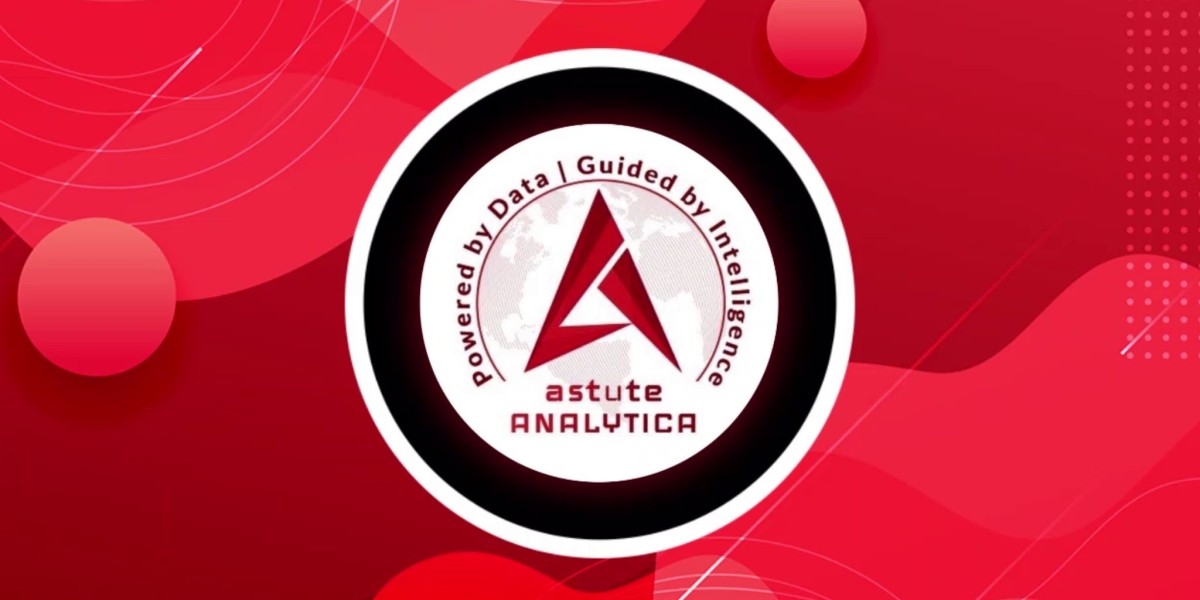Cardiac rhythm disorders, also called cardiac arrhythmias or irregular heart rhythms, are a major health concern affecting millions of people worldwide. These disorders occur when the heart beats too fast, too slow, or irregularly, preventing proper blood flow. While some types of benign arrhythmias require little intervention, other heart rhythm disorders can increase the risk of stroke, heart failure, and sudden cardiac arrest. As the global burden of cardiac disease rises, there is an urgent need to advance treatments that can better manage dangerous heart arrhythmias.
Cutting-edge research is paving the way for innovative diagnostic and therapeutic techniques for cardiac arrhythmias. Novel imaging methods like advanced EKGs and cardiac MRI scans are improving detection by mapping electrical signaling within heart tissue. Wearable monitoring devices can track heart activity over time and help correlate rhythm patterns with other physiological factors. These advanced diagnostics equip medical providers with more comprehensive data to tailor treatment plans.
The most exciting progress is occurring around new ablation technologies - procedures that scar or destroy small areas of heart tissue causing abnormal rhythms. Cryoablation uses extreme cold to target arrhythmia triggers, providing an alternative to traditional heat-based ablation with less risk of collateral damage. Early research into laser, microwave, and ultrasound ablation shows promise to direct therapy even more precisely, while reducing procedure time.








